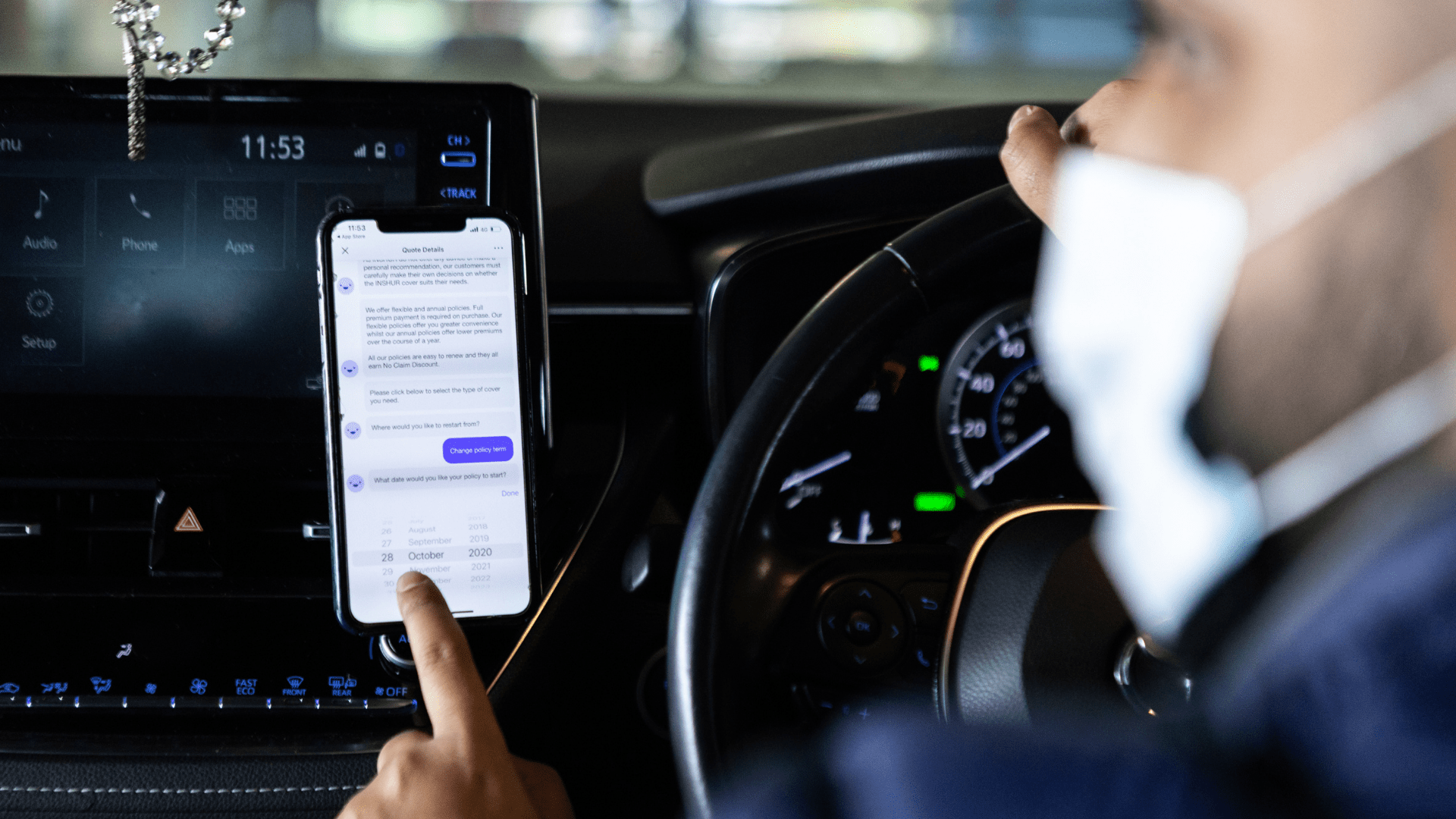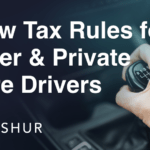
Uber Supreme Court Ruling
The Supreme Court in the UK ruled on Friday 19th February that a group of drivers who earned using the Uber app should have been classified as ‘workers’. So, what does it mean to be a ‘worker’ instead of self-employed? And how does the court’s decision impact other Uber drivers? We break it down to the basics.
Friday’s Uber Supreme Court ruling has been a long time in the making, with the small group of drivers having initially gone to an employment tribunal back in 2016. The case has moved through the courts for the last few years, before appearing before the Supreme Court last year. The final ruling stated that the individuals in question should have been classified as ‘workers’ and not self-employed and the drivers will be compensated for being classified incorrectly.
What is a ‘worker’ in the UK?
A ‘worker’ is a UK-specific legal classification. We tend to know what it means to be an employee of a company and what it means to be a self-employed individual, but the classification of ‘worker’ sits in between the two, although it is more closely connected to self-employment.
A person’s employment status will depend on their contract:
If a person has a contract of service (i.e. employment), then they are an employee.
If a person has a contract for the personal performance of work, then they are a worker.
If a person has a contract for services, then they are self-employed.
Workers have fewer statutory rights than employees, but do have:
- Protection from discrimination.
- Protection against unlawful deduction from wages.
- Entitlement to the national minimum wage and holiday pay.
- Self-employed status.
How did the Supreme Court make its decision?
There were a number of factors considered by the Supreme Court before they determined that the small group of drivers who brought the case to court are to be considered ‘working’ whenever they are logged into the app so long as they were ‘ready and willing’ to accept trips during this time. This assessment did not include looking at whether they were ‘multi-apping’, as the two specific drivers had not been using multiple apps at the time they used Uber.
Among the considerations was the fact that, when using the app in 2016, penalties were issued to drivers who declined too many trips in the form of being logged off the app for a couple of minutes each time.
Will this affect all private hire drivers using the Uber app in the UK?
There has been a lot of speculation in the rideshare community following Friday’s Supreme Court ruling, but in reality, this decision only affects the small group of drivers who brought the case before the court. There is a comment in the decision indicating that private hire operators may not be able to remain as booking agents, although it’s not clear at this stage.
The verdict does not focus on other drivers using the Uber app or the couriers who earn on Uber Eats.
As the claimant drivers first went to a tribunal in 2016, the legal action is based on the business model and terms and conditions that Uber was using at that time. Many examples used in the court were specific to the drivers who raised the case in 2016, but are no longer relevant since several changes have come in to extend the flexibility for the drivers who earn through the Uber app.
How Uber is increasing flexibility for its drivers
Drivers told Uber that they wanted protection, such as free insurance to cover sickness or injury, but not at the cost of flexibility. 89% of drivers told Uber that flexibility is the most important reason they use the app, as they want to remain independent, with access to flexible earning opportunities when they want it and protection and benefits when they need it.
Uber has taken steps to increase the flexibility and options for the drivers that use the app over the last few years. Drivers now have full transparency over the price and destination of their trip and since 2018 all drivers receive free sickness, maternity and disability insurance from AXA. Drivers can also be rewarded for great service by being added to a rider’s ‘favourite drivers’ list and, since 2017, there has been no penalty for a driver who chooses to reject multiple consecutive trips.
All of Uber’s recent changes to support drivers are explained in detail here:
Sources
https://www.uber.com/en-GB/blog/supreme-court-verdict
https://d1nyezh1ys8wfo.cloudfront.net/static/PDFs/33688+-+Uber+-+UK+Impact+Report_05.pdf






